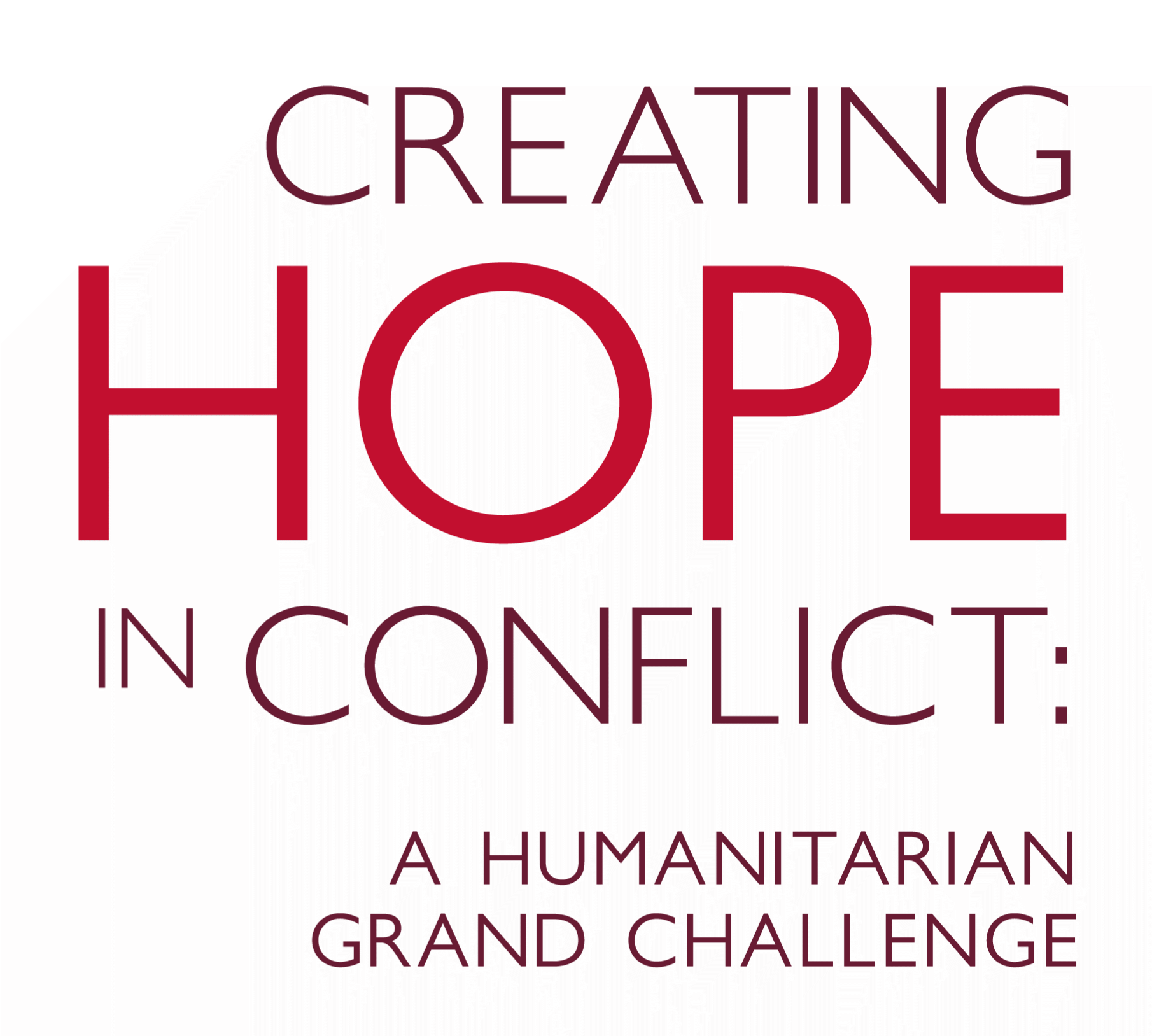Finding Nuhu: Community Sourcing of Birth Information Using Mobile Technology
THE CHALLENGE
Obtaining birth data is often a logistical challenge in low-resource settings, so aid workers typically use census estimates to guide vaccination outreach efforts. Conflict in Nigeria’s northeast, however, has resulted in massive demographic disruptions, leaving vaccination estimates inaccurate and unusable at the local level. This makes it extremely challenging to measure the performance of vaccination programs and comprehensively target newborns for vaccination. This is particularly the case among internally displaced peoples (IDPs), who often lack access to identity and other documents needed during vaccination campaigns.
THE SOLUTION
To increase the accuracy of IDP birth data for improved planning and monitoring of vaccination programs, Avigo Health L.L.C. developed a digital birth-reporting system that allows for accurate and timely reporting of births, at $1 USD per reported birth. This model combines 3 elements: a trusted community leader, or a “mai angwan”, who reports births via mobile phone; automated verification of birth reports that leverage Nigeria’s new biometric national identity management system; and minimal phone credits as rewards for verified reports. Throughout the CHIC funding period, 2,215 pregnant women from Gombe state were enrolled on Avigo Health’s digital birth-reporting platform (Albarka), many of whom were IDPs. Of these women, 435 births were self-reported by parents/caregivers on the platform. Across the state, six public primary healthcare clinics also began supporting women to access the system, whilst 549 Community Health Influencers and Promoters of Services (CHIPS) agents were trained on how to use it. A phone-based survey showed that 78% of the children of mothers/caregivers who self-reported a birth to Albarka had received at least one vaccine and 47% of the births had been registered with the official civil registration system. By the end of the CHIC grant, Gombe state had developed and approved a workflow for community birth registration that adopts Albarka and began testing it for community birth reporting in a pilot study, representing the first steps to innovation scaling.
